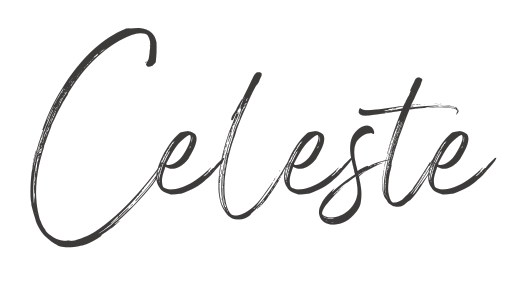The 16 Personalities, Decoded: How Your Myers-Briggs Type Shapes Your Worldview

A Map to Your Mind
The Myers-Briggs Type Indicator (MBTI) is one of the most popular personality frameworks in the world, and for good reason. It provides a powerful, nuanced map to understanding how you perceive the world and make decisions. It’s not about putting you in a box; it’s about giving you the language to understand your innate preferences for how you gain energy, process information, make choices, and interact with the world. By decoding your four-letter type, you can unlock a new level of self-awareness that can transform your career, relationships, and life, helping you work with your nature, not against it.
The Four Dichotomies: Your Mental Toolkit
Your type is determined by your preference in four key areas, or dichotomies. Think of these as your mind's default settings.
1. Introversion (I) vs. Extraversion (E): This is about energy. Do you recharge your batteries through quiet solitude and reflection (Introversion), or by being with other people and having external experiences (Extraversion)?
2. Sensing (S) vs. Intuition (N): This is about information. Do you prefer to focus on concrete, tangible facts and details that you can perceive with your five senses (Sensing), or do you naturally look for patterns, possibilities, and abstract connections (Intuition)?
3. Thinking (T) vs. Feeling (F): This is about decision-making. When you make a choice, do you prioritize objective logic, principles, and impartiality (Thinking), or do you prioritize empathy, harmony, and the impact on people (Feeling)?
4. Judging (J) vs. Perceiving (P): This is about your lifestyle. Do you prefer a planned, organized, and structured approach to life, with clear goals and deadlines (Judging), or do you prefer a flexible, spontaneous, and adaptable approach, staying open to new information (Perceiving)?
The 16 Types: A World of Difference
These four preferences combine to create 16 distinct personality types, each with its own unique worldview, strengths, and challenges. From the logical Architect (INTJ) to the charismatic Campaigner (ENFP), each type has a special way of moving through the world. For example, an ISTJ (Introverted, Sensing, Thinking, Judging) will likely be a practical, detail-oriented person who thrives on order and tradition. In contrast, an ENFP (Extraverted, Intuitive, Feeling, Perceiving) will be an enthusiastic, creative free spirit who thrives on brainstorming new ideas and connecting with others. Understanding your type is like being handed the instruction manual for your own brain. It helps you understand why you thrive in certain environments, why you clash with certain people, and how to leverage your natural strengths for a more fulfilling life.
Ready to discover your type? Chat with Celeste for a complimentary Myers-Briggs analysis and learn how to unlock your potential.




